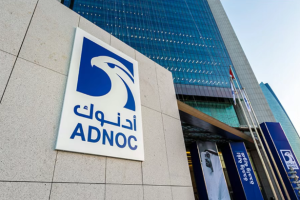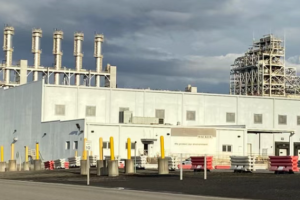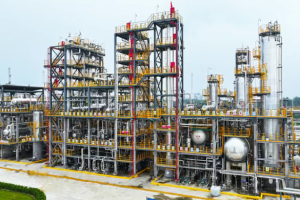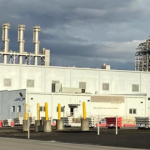July 20, 2025 –
Next-Gen Biodegradable Mulch Films Transform Sustainable Agriculture Practices
The agricultural sector is witnessing a materials revolution as advanced biodegradable mulch films emerge as the ultimate solution to plastic pollution in farmlands. These innovative films, composed of specialized polyesters, completely break down through an elegant synergy between molecular engineering and natural processes.

At the molecular level, the secret lies in the reactive ester groups within PBAT, PLA, and PBS polymers. These functional groups create predetermined breaking points that respond to environmental triggers:
• UV radiation initiates photochemical breakdown
• Thermal energy accelerates molecular chain scission
• Moisture facilitates hydrolysis reactions
Regional climate variations create fascinating degradation patterns:
→ Humid southern regions show 40% faster decomposition than arid northern areas
→ Microbial-rich soils can digest PBAT films within 90 days
→ Temperature fluctuations cause visible changes in degradation rates
“The true breakthrough comes from our ability to program degradation timelines,” explains Dr. Sophia Chen, materials scientist at the Green Agriculture Institute. “We’ve developed films that maintain integrity during critical growth phases before disappearing on schedule – like our potato-specific formulation that degrades precisely after tuber development.”
Modern formulations incorporate smart additives that:
✓ Synchronize with crop cycles
✓ Respond to soil microbiomes
✓ Leave zero microplastic residues
✓ Convert completely to CO₂ and water
Market analysts project rapid adoption as production costs decrease, with biodegradable mulch films expected to capture 35% of the global agricultural film market by 2030. This shift represents a fundamental transformation in sustainable farming practices, offering an environmentally sound alternative to conventional plastic mulch.














